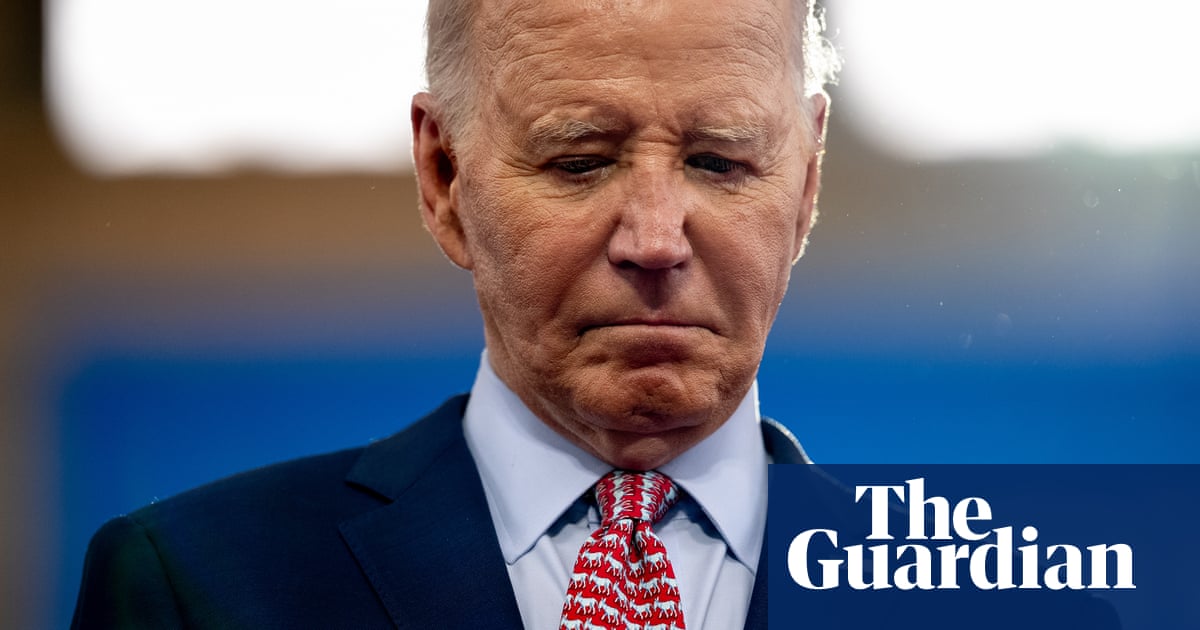Joe Bidenhas been diagnosed with prostate cancer, which has spread to the bone, and the former president and his family are reviewing treatment options, his office said in a statement on Sunday.
“While this represents a more aggressive form of the disease, the cancer appears to be hormone-sensitive which allows for effective management,” his office said. “The President and his family are reviewing treatment options with his physicians.”
Prostate cancers are given a score called a Gleason score that measures, on a scale of one to 10, how the cancerous cells look compared with normal cells. Biden’s office said his score was nine, suggesting his cancer is among the most aggressive.
When prostate cancer spreads to other parts of the body, it often spreads to the bones. Metastasized cancer is much harder to treat than localized cancer because it can be hard for drugs to reach all the tumors and completely root out the disease.
However, when prostate cancers need hormones to grow, as in Biden’s case, they can be susceptible to treatment that deprives the tumors of hormones.
Biden, 82, beat an incumbentDonald Trumpin the 2020 presidential election and initially sought a rematch with him last year. But, amid questions about his age and mental acuity, he dropped out of the race and endorsed his vice-president, Kamala Harris, to succeed him.
Trump, who is just three years younger than Biden, subsequently defeated Harris in November’s election and returned to the White House in January.
Biden has dealt with cancer before. Prior to starting his presidency, he had several non-melanoma skin cancers surgically removed, and he had a cancerous lesion removed from his chest in February 2023.
In the US, prostate cancer is the most common cancer and the second leading cause of cancer death among men,according to the American Cancer Society.
In 2022, Biden made a “cancer moonshot” one of his administration’s priorities, with the goal of halving the cancer death rate over the next 25 years. The initiative was a continuation of his work as vice-president to address a disease that had killed his older son, Beau.
Reuters and the Associated Press contributed reporting.
